Farms are particularly dangerous during the summer months due to increased work activity, when contractors or large machinery are operating.
Many farms are also family homes, as well as workplaces, with children often helping out.
Caroline Farrell, IFA farm family chair, has said that tragically, between 2009 and 2018, 21 children lost their lives due to farm accidents in Ireland.
"The statistics are stark, but statistics don’t tell the whole story – they don’t tell you about the devastating impact a farm fatality has on families and communities; they don’t tell you the impact a farm accident can have on the rest of your life, on your ability to run the farm.
"Understanding the risks on and around a farm operation makes it easier to avoid dangers, and makes accidents less likely. However, all too often, farmers do not recognise the risks on their farms, which makes it difficult to manage the problem," she said.
It is essential that children are educated on safety and risks involved on farms so they can form good safety habitats from a young age. A number of steps are required to minimise the number of fatalities that happen on Irish farms each year.
Top tips to keep your children safe on farms this summer:
Farmyards are not playgrounds. Small children should be kept out of work areas and fenced off in a safe play area.Children under the age of 13 should not operate tractors or machinery. Children aged seven to 16 can ride on a tractor provided the tractor is properly fitted with a passenger seat that has a seat belt.No child should ride as a passenger on a quad.Don’t allow children to climb up on or have access to stacks of bales. Easy-to-read danger signs should be placed in various locations around the farm and should be explained to children.Fencing on farm should have mesh right down to the ground to prevent children slipping underneath or climbing over fences. Be a good role model, practice what you preach and explain all the possible dangers to children. 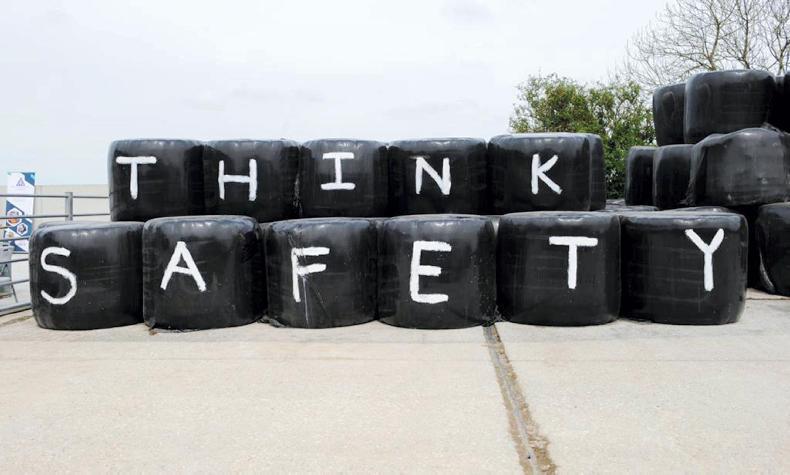
Think safety. Children should not be able to climb up on stacked bales in the farmyard.
Dangers of chronic sun exposure
The sun, especially throughout the summer, can be equally as dangerous as sunburn can potentially cause long-term health problems.
Prolonged sun exposure can increase the risk of skin cancer and as the majority of people in Ireland are fair-skinned, there is a greater threat.
Unfortunately, skin cancer is one of the most common cancers in Ireland with Caroline Farrell stating that “over 11,000 cases are diagnosed every year”.
However, sun cancer can be prevented in a lot of cases. To reduce the risk of skin damage, you can:
Organise your day so you can seek shade when UV rays are at their strongest, particularly between 11am and 3pm. Around 20 minutes before going outside apply sunscreen SPF 30 or higher and use UVA protection. Reapply it every two hours. Cover up by properly by wearing a long-sleeved shirt and a hat to ensure that your neck, face and ears are protected.Sun can cause severe damage to your eyes. Wraparound sunglasses should be worn when you have prolonged exposure to the sun. The UV index should also be checked regularly. It is advisable to get your skin checked once a month to ensure that there is nothing unusual. Read more
Farm Safety Week: understand the risk to avoid danger – Healy
In pictures: Bannow and Rathangan Show celebrates 70 years
Farm Safety Week: ‘farmers need to stop and think what they’re doing’
Farms are particularly dangerous during the summer months due to increased work activity, when contractors or large machinery are operating.
Many farms are also family homes, as well as workplaces, with children often helping out.
Caroline Farrell, IFA farm family chair, has said that tragically, between 2009 and 2018, 21 children lost their lives due to farm accidents in Ireland.
"The statistics are stark, but statistics don’t tell the whole story – they don’t tell you about the devastating impact a farm fatality has on families and communities; they don’t tell you the impact a farm accident can have on the rest of your life, on your ability to run the farm.
"Understanding the risks on and around a farm operation makes it easier to avoid dangers, and makes accidents less likely. However, all too often, farmers do not recognise the risks on their farms, which makes it difficult to manage the problem," she said.
It is essential that children are educated on safety and risks involved on farms so they can form good safety habitats from a young age. A number of steps are required to minimise the number of fatalities that happen on Irish farms each year.
Top tips to keep your children safe on farms this summer:
Farmyards are not playgrounds. Small children should be kept out of work areas and fenced off in a safe play area.Children under the age of 13 should not operate tractors or machinery. Children aged seven to 16 can ride on a tractor provided the tractor is properly fitted with a passenger seat that has a seat belt.No child should ride as a passenger on a quad.Don’t allow children to climb up on or have access to stacks of bales. Easy-to-read danger signs should be placed in various locations around the farm and should be explained to children.Fencing on farm should have mesh right down to the ground to prevent children slipping underneath or climbing over fences. Be a good role model, practice what you preach and explain all the possible dangers to children. 
Think safety. Children should not be able to climb up on stacked bales in the farmyard.
Dangers of chronic sun exposure
The sun, especially throughout the summer, can be equally as dangerous as sunburn can potentially cause long-term health problems.
Prolonged sun exposure can increase the risk of skin cancer and as the majority of people in Ireland are fair-skinned, there is a greater threat.
Unfortunately, skin cancer is one of the most common cancers in Ireland with Caroline Farrell stating that “over 11,000 cases are diagnosed every year”.
However, sun cancer can be prevented in a lot of cases. To reduce the risk of skin damage, you can:
Organise your day so you can seek shade when UV rays are at their strongest, particularly between 11am and 3pm. Around 20 minutes before going outside apply sunscreen SPF 30 or higher and use UVA protection. Reapply it every two hours. Cover up by properly by wearing a long-sleeved shirt and a hat to ensure that your neck, face and ears are protected.Sun can cause severe damage to your eyes. Wraparound sunglasses should be worn when you have prolonged exposure to the sun. The UV index should also be checked regularly. It is advisable to get your skin checked once a month to ensure that there is nothing unusual. Read more
Farm Safety Week: understand the risk to avoid danger – Healy
In pictures: Bannow and Rathangan Show celebrates 70 years
Farm Safety Week: ‘farmers need to stop and think what they’re doing’





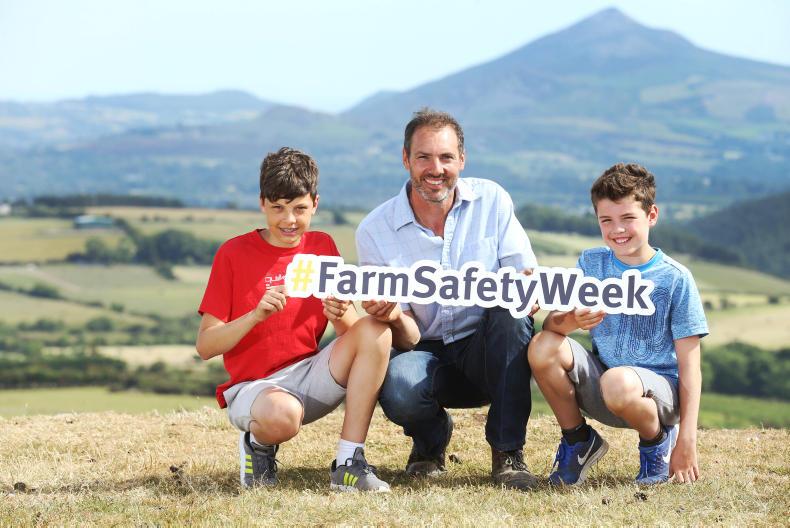
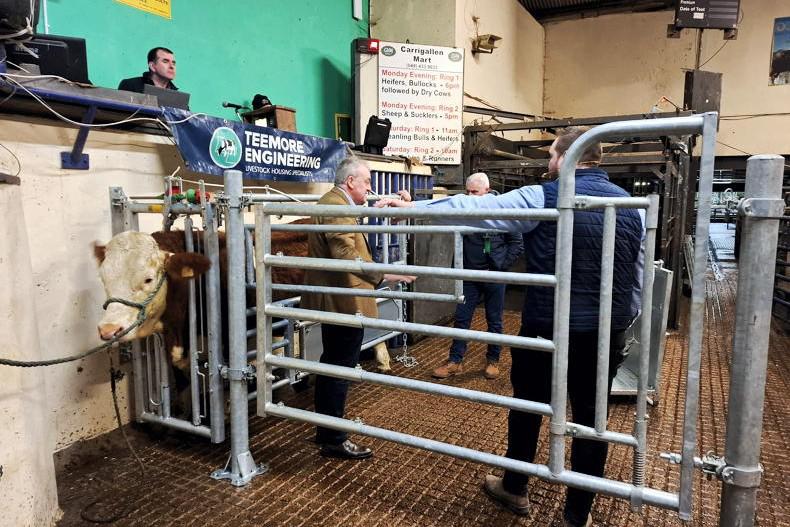
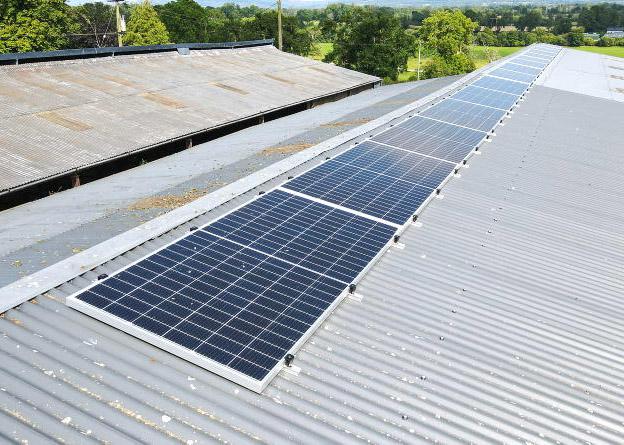
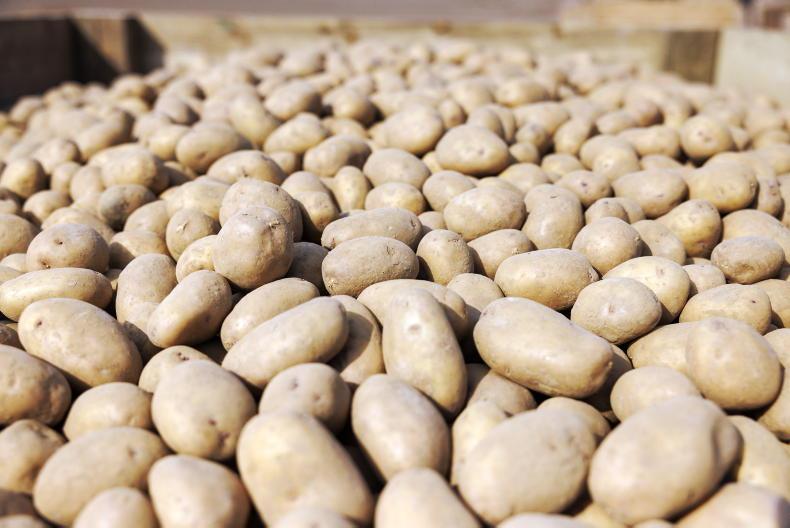

SHARING OPTIONS